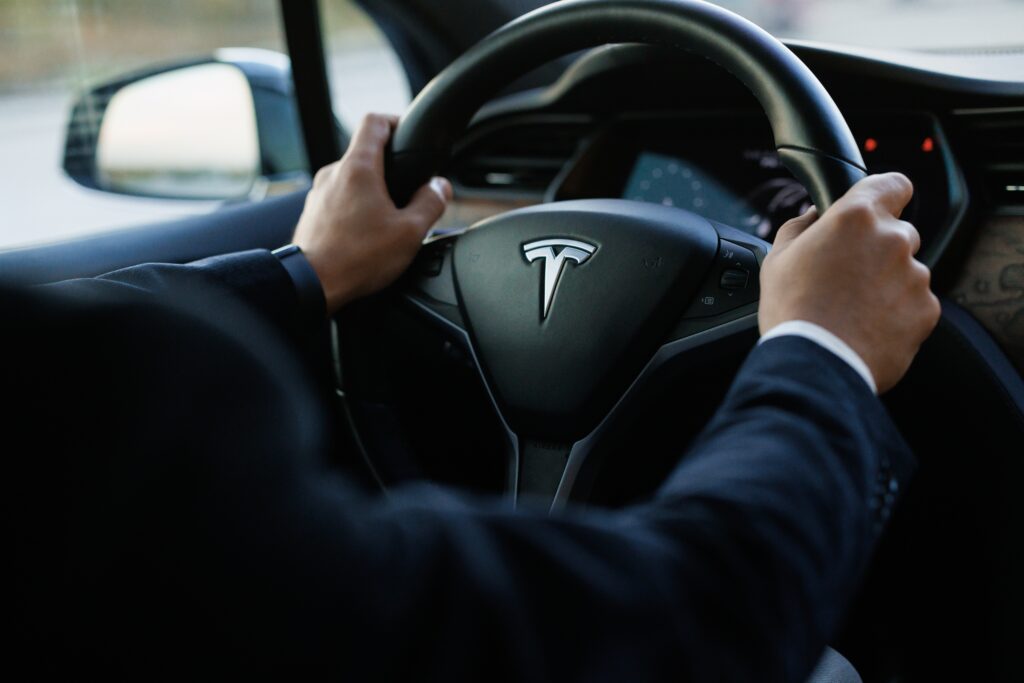BMW and Tesla have sued the European Commission over tariffs on Chinese-made electric vehicles. These tariffs also impact Chinese manufacturers such as BYD and SAIC. The legal action adds to growing opposition from automakers like Geely, SAIC, and BYD.
Tesla’s stock fell 2.32% on Tuesday afternoon, while BMW’s shares dropped 0.35%. Both companies filed lawsuits at the European Union’s Court of Justice, but specific details remain undisclosed.
EU Tariffs and Industry Response
Last year, the EU imposed a 7.8% tariff on Tesla’s China-made EVs. BMW’s China-produced EVs face a 20.7% tariff. Geely received an 18.8% tariff, BYD 17%, and SAIC 35.3%. These are in addition to the 10% tariff on all car imports to the EU.
BMW argues that these tariffs do little to help European automakers stay competitive. A BMW spokesperson told The Wall Street Journal, “Countervailing duties harm global businesses, limit European EV supply, and may slow transport sector decarbonization.” Despite the lawsuit, BMW remains open to negotiations and stresses the need to avoid trade conflicts. The European Commission has said it is willing to negotiate if the solution considers the unfair competition found in its investigations.
If the lawsuits succeed, the EU could lose the ability to impose these tariffs. Affected companies might then seek compensation for financial losses. Euronews has reached out to Tesla and BMW for comments.
Growing Challenges for European Car Makers
The EU imposed tariffs due to concerns over Chinese government subsidies for domestic manufacturers. These subsidies include cheaper land, favorable loans, and support for key suppliers like steelmakers. Such benefits allow Chinese companies to sell EVs at lower prices, undercutting European competitors.
In response, many Chinese automakers now focus on hybrid vehicles, which are not subject to current EU tariffs. This shift raises concerns that the tariffs may become less effective.
European car manufacturers are losing market share to Chinese brands, which are gaining traction with lower prices, enhanced features, and appealing designs. Amid Europe’s ongoing cost-of-living crisis, consumers are postponing major purchases and opting for more budget-friendly options. The competition in the automotive business between European and Chinese automakers remains fierce and ongoing.
